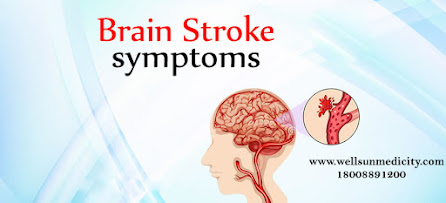Treat Gastro-Intestinal Disorders with Expert Care -Wellsun Medicity hospital

astro-intestinal disorders, also known as gastrointestinal (GI) disorders, are a group of conditions that affect the digestive system, including the esophagus, stomach liver pancreas, gall bllader, small intestine, and large intestine. These disorders cause a range of symptoms, from mild discomfort to severe and debilitating conditions. In this article, we will explore the most common GI disorders, Common Gastro-Intestinal Disorders Irritable Bowel Syndrome (IBS): A chronic condition characterized by abdominal pain, bloating, and changes in consistency & frequency of stool Gastroesophageal Reflux Disease (GERD): A condition in which stomach acid flows back into the esophagus, causing heartburn and regurgitation. · Inflammatory Bowel Disease (IBD): A chronic condition n that causes inflammation and damage to the lining of the digestive tract mainly small or large intestine , including Crohn's disease and ulcerative colitis. · Diverticulitis: A





